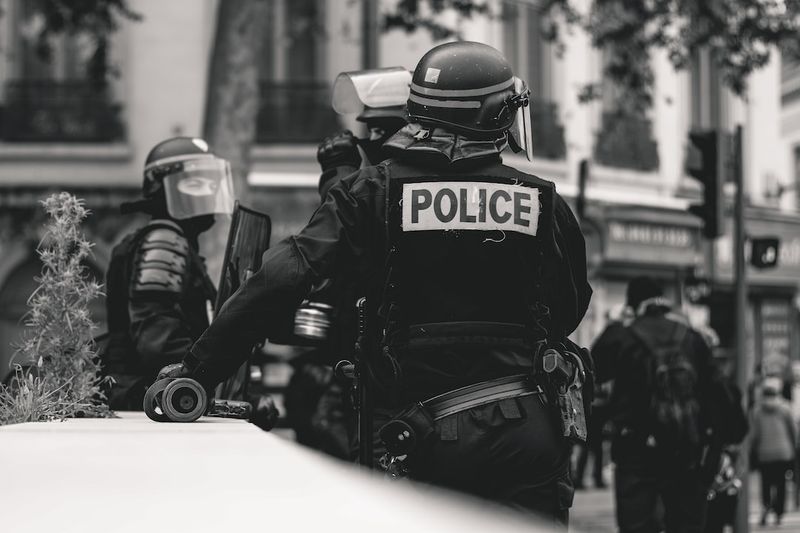Table of Contents
Angolan police must exercise restraint and protect human rights during protests
Amnesty International has urged the Angolan police to protect human rights and exercise restraint during the upcoming nationwide protests against high fuel costs and the restrictive NGO laws in Angola. The protests are planned from 10 to 17 June. While the authorities confirmed that five people were killed while eight others were injured during a protest against high fuel costs in Huambo Province on 5 June, Amnesty International received reports that 34 others were arrested for exercising their right to protest. The organization has urged the authorities to avoid using force in the dispersal of non-violent protests, and if it becomes necessary to use force, this should be restricted to the minimum level necessary.
The Use of Excessive Force and Killings by the Angolan Police
The taxi drivers in Huambo Province started protesting the high fuel prices after the government’s decision to increase prices on 30 May, almost doubling the price of gas from 160 kwanzas to 300 kwanzas/litre (0.26 USD to 0.49 USD). The police reportedly used tear gas and live ammunition to disperse the crowd during the 5 June protest in Huambo, resulting in the killing of five protesters and injuries to eight others. The youngest victim was a 12-year-old child, according to Amnesty International. Angolan National Police have allegedly claimed responsibility for the killings, stating that “it was unavoidable, and we regret the death of five citizens and the injury of others.”
This is not an isolated incident, as Angolan law enforcement officials regularly use excessive force to break up peaceful protests to suppress dissent. Amnesty International has, therefore, called for a prompt, effective, and impartial investigation into the events of 5 June to ensure that suspected perpetrators are brought to justice for the killing of the five protesters and the injuries to eight others.
The Need for a Restriction on the Use of Force and Effective Accountability Mechanisms
Amnesty International has emphasized that the dispersal of protesters should always be an exceptional measure, used only as a last resort when non-violent means have been exhausted. If police deem it necessary to use force, it should always be restricted to the minimum level necessary, with audible and clear prior warnings given. Further, there must be effective means of ensuring accountability for any force used. Amnesty International has, therefore, urged the Angolan police to stop using excessive force when policing protests and to ensure prompt, effective, and impartial investigations into the use of force during and after the protests.
The Threat to the Right to Protest Worldwide
The right to protest is under unprecedented and growing threat worldwide. Amnesty International has launched a global campaign to confront states’ intensifying efforts to erode this human right. In Angola, the authorities have approved the draft Law on the Statute of Non-Governmental Organizations (NGOs), which NGOs have criticized for limiting the right to association and giving the executive excessive powers to interfere in NGO activities. Four activists were detained for protesting peacefully against the NGO Bill and issued with 30-day fines of 50,000 Kwanzas (80 USD) each. In 2017, a similar decree that aimed to increase control over NGOs was ruled unconstitutional by the Angolan constitutional court.
Conclusion: The Need for a Change in Approach
The Angolan police and authorities must ensure that the right to protest is protected and that force is used only when necessary, in line with international human rights standards. The excessive use of force and killings during protests cannot be accepted as inevitable, and there must be accountability for any excesses. Amnesty International’s global campaign to confront states’ efforts to erode the right to protest underscores the importance of this human right for the protection of civil liberties and democracy. Therefore, the Angolan authorities must change their approach towards peaceful protests and find ways to responsibly address the grievances of the people.

<< photo by ev >>